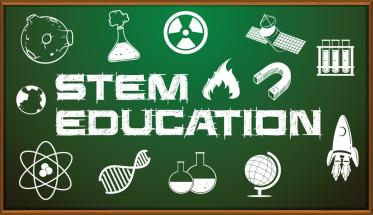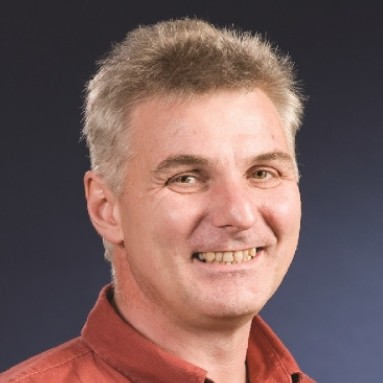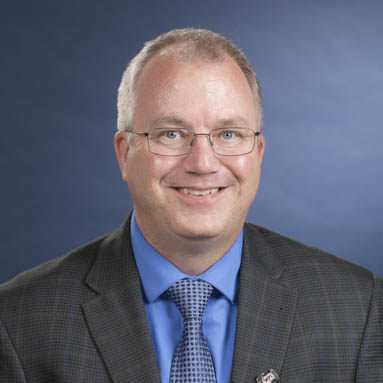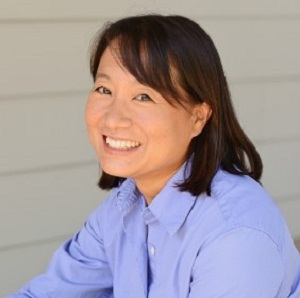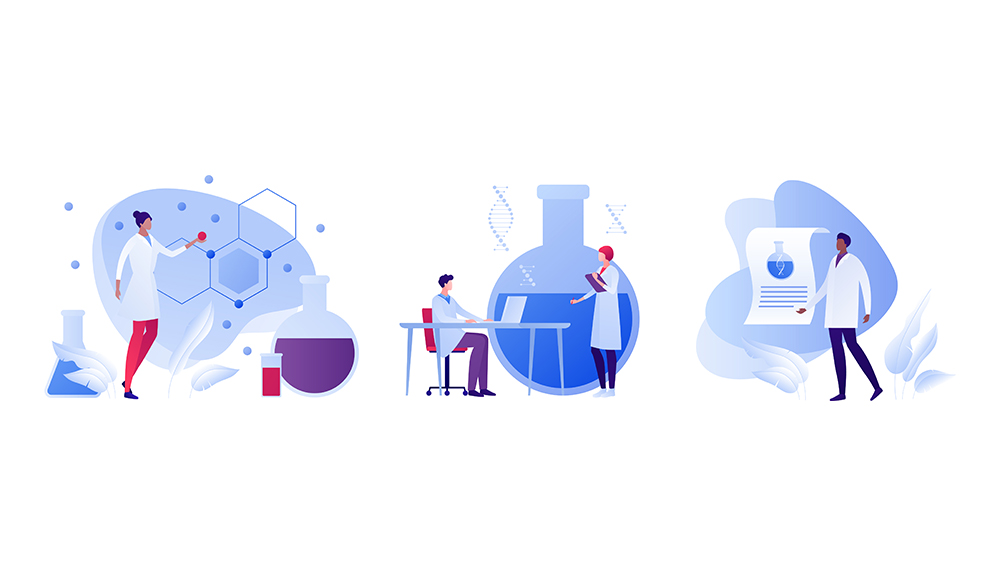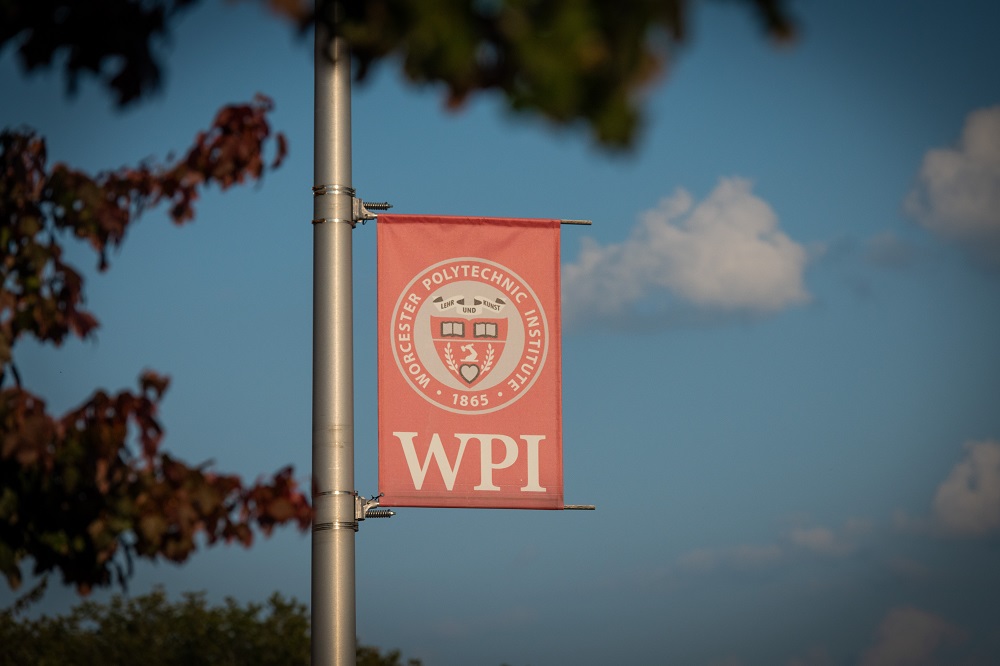Researchers at Worcester Polytechnic Institute (WPI) have been awarded a $1,139,476 grant from the National Science Foundation’s Robert Noyce Teacher Scholarship Program to recruit and train WPI students from diverse backgrounds to teach science, technology, engineering, and mathematics (STEM) in urban school districts with a large percentage of economically disadvantaged students.
The five-year award will provide scholarships of up to $20,000 a year for two years for 18 undergraduates, summer internships of $5,000 for 15 undergraduates, and continuing programming for graduates while they are teaching. To be eligible for Noyce Scholar scholarships, students commit to teach two years in a high-need district for each year of scholarship funding received.
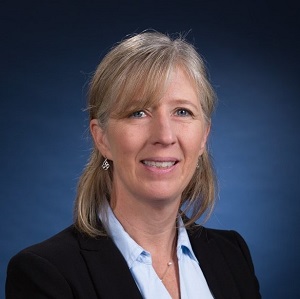
Shari Weaver, director of the Teacher Preparation Program at WPI’s STEM Education Center and principal investigator of the project, said one goal is to address a shortage of STEM teachers that hits urban schools particularly hard.
“Shortages in STEM teachers often result in STEM classrooms being led by instructors without training in specific disciplines or veterans of industry who lack teacher training,” Weaver said. “As a STEM university, WPI is well positioned to help address this. Our graduates possess deep knowledge in the sciences, mathematics, and engineering, and they receive training in culturally responsive pedagogy. When we put students with STEM knowledge and community-based teaching experiences into classrooms as teachers, they can elevate STEM instruction.”
Other goals for the program are to recruit diverse individuals to the teaching workforce, and to address financial concerns that could influence graduates to pursue jobs in industry rather than teaching.
Researchers will start recruiting juniors and seniors for WPI’s first class of Noyce Scholars in April, with an aim of training students who are majoring in biology, chemistry, physics, mathematical science, actuarial mathematics, computer science, or engineering. WPI’s Office of Multicultural Affairs will help recruit students of color to the program, and Worcester and Leominster Public Schools will offer practical training for students and job opportunities for graduates.
